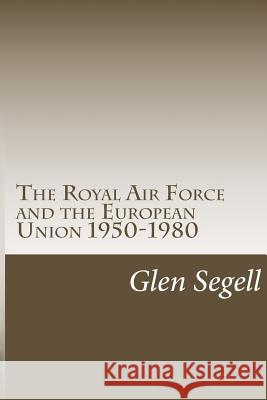The Royal Air Force and the European Union 1950-1980 » książka
The Royal Air Force and the European Union 1950-1980
ISBN-13: 9781499275834 / Angielski / Miękka / 2014 / 274 str.
This book has both empirical and analytic innovative components. This books thesis is that military-industrial relations in Britain in the 1950's have had an influence on civil-military relations and foreign policy in Britain in the 1980's. Influence is defined as the set of consequences of military-industrial relations in successfully implementing two Cabinet defined goals. These were the goal for the rationalization of the airframe and aero-engine sectors of the defense-industries and the goal for trans-national collaborative weapons procurement with NATO allies. The influence of military-industrial relations is viewed through the process of weapons procurement of a Royal Air Force replacement of the Canberra bomber through the TSR.2 Jaguar and Tornado aircraft. The empirical innovative component is in the discovery of new information to show this military-industrial influence. Previously unused industrial and government sources were consulted and are quoted. This information is presented in eight Chapters chronologically from 1951 to 1989. The analytic innovative component is in the Conclusions of the book deductively from the empirical evidence. In proving the military-industrial influence empirically, existing notions and theories on military-industrial relations and civil-military relations are overturned.
Zawartość książki może nie spełniać oczekiwań – reklamacje nie obejmują treści, która mogła nie być redakcyjnie ani merytorycznie opracowana.











